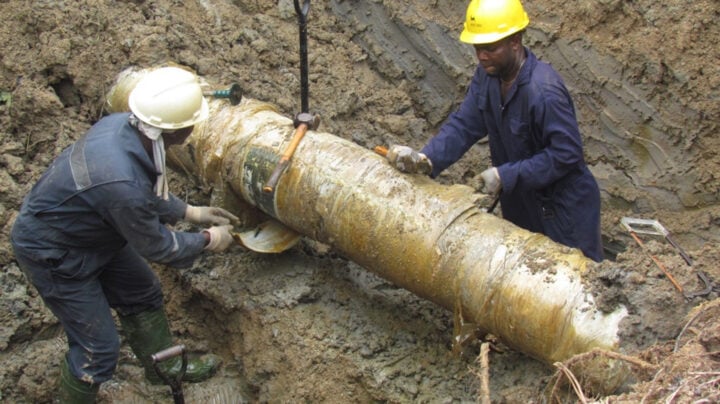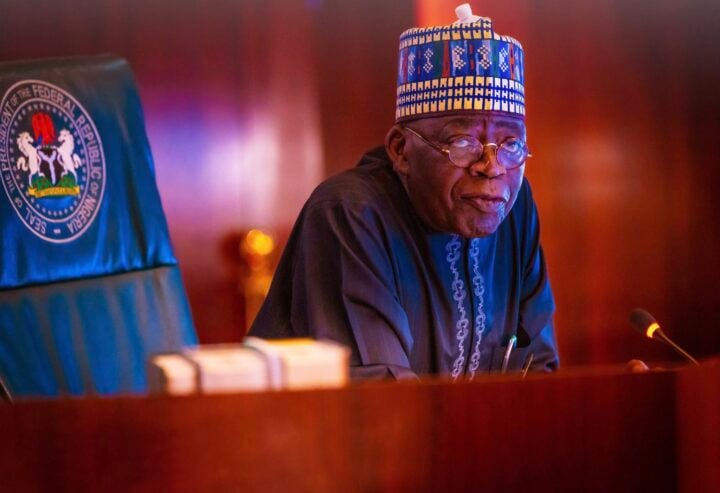Orji Ogbonnaya Orji, the executive secretary of the Nigeria Extractive Industries Transparency Initiative (NEITI), says oil theft and losses have become a national emergency in the country.
Orji spoke on Thursday at the Nigeria international pipeline technology and security (NIPTECS) conference in Abuja, noting that the total value of crude oil losses in 11 years (2009-2020) is higher than the size of the country’s foreign reserves.
The event was organised by the Energy and Corporate Africa and Pipelines Professionals Association of Nigeria.
In his keynote address, Orji said crude theft poses a serious threat to oil exploration and exploitation “with huge negative consequences on economic growth, business prospects and profit earnings by oil companies”.
Advertisement
He said the country recorded oil theft and losses at 619.7 million barrels of crude, valued at $46.16 billion from 2009 to 2020.
Orji disclosed that Nigeria also recorded a total of 7,143 cases of pipeline vandalism in five years (between 2017 and 2021).
“NEITI has put in the public domain empirical data of oil theft and losses at 619.7 million barrels of crude, valued at $46.16 billion or N16.25 trillion between 2009 and 2020,” he said.
Advertisement
“In addition, Nigeria lost 4.2 billion litres of petroleum products from refineries, valued at $1.84 billion at the rate of 1440,000 barrels per day, from 2009 to 2018.
“Thus, the total value of crude losses between 2009 and 2020 is higher than the size of the country’s foreign reserves and almost ten times Nigeria’s oil savings in Excess Crude Account.”
Orji said most times, operators in the country have had to rely on physical presence to monitor and secure the pipelines.
“Pipelines and their associated infrastructure are vital assets within the industry, serving as a critical means for transporting hydrocarbons from production facilities to various destinations, including storage, distribution, and export,” the NEITI official said.
Advertisement
Orji said pipelines play a pivotal role in supplying energy to residential, commercial, and industrial sectors, while also contributing significantly to foreign exchange (FX) earnings in producing economies.
The NEITI executive explained that pipeline assets are strategically situated, often in challenging terrains, making them susceptible to vandalism and destruction.
“To ensure their long-term functionality, operators must carefully manage pipeline networks, considering cost, technological advancements, geographical challenges, and the specific needs of local communities,” Orji said.
“A strategic approach is necessary to justify investments and uphold the integrity of these vital resources.”
Advertisement
On his part, Emeka Okwuosa, chairman and group chief executive officer (GCEO) of Oilserv Group, blamed obsolete pipeline systems that lack the latest monitoring technology for the constant attacks on the crude oil pipelines across the Niger Delta region.
Okwuosa said pipeline security extends beyond the protection of physical assets to encompass the safeguarding of technology systems that monitor product flow pressure, asset integrity, billing metrics, and operating procedures.
Advertisement






